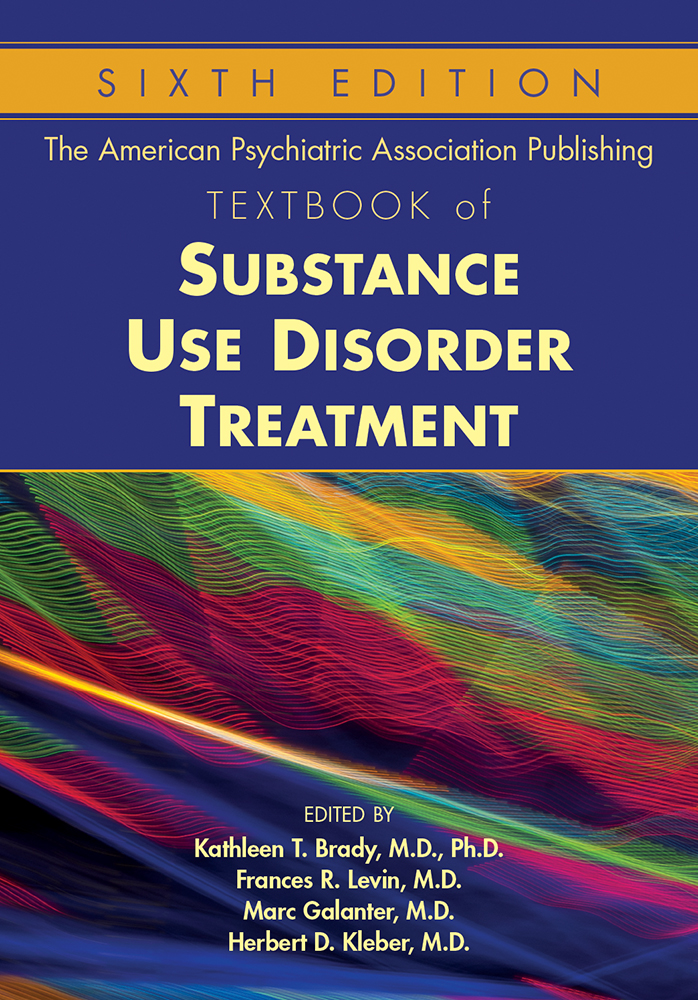Chapter 25.Motivational Enhancement
Sections
Excerpt
In the United States in 2018, approximately 7.8% of adults and 3.8% of adolescents (Substance Abuse and Mental Health Services Administration 2018) met criteria for a current substance use disorder (SUD). SUDs significantly affect the physical and psychological health of the individuals struggling with these problems and of their loved ones. Although evidence-based strategies exist for individuals seeking to change their substance misuse (National Institute on Drug Abuse 2012), only 10%–15% of individuals with a current SUD will come into contact with a treatment professional (Hasin and Grant 2015). Reasons given for not seeking treatment include limited health care coverage, cost concerns, fear that doing so may impact employment, and stigma (Substance Abuse and Mental Health Services Administration 2018). Importantly, approximately 40% of individuals with a current SUD report not being ready to stop using (Substance Abuse and Mental Health Services Administration 2018).
Access content
To read the fulltext, please use one of the options below to sign in or purchase access.- Personal login
- Institutional Login
- Sign in via OpenAthens
- Register for access
-
Please login/register if you wish to pair your device and check access availability.
Not a subscriber?
PsychiatryOnline subscription options offer access to the DSM-5 library, books, journals, CME, and patient resources. This all-in-one virtual library provides psychiatrists and mental health professionals with key resources for diagnosis, treatment, research, and professional development.
Need more help? PsychiatryOnline Customer Service may be reached by emailing [email protected] or by calling 800-368-5777 (in the U.S.) or 703-907-7322 (outside the U.S.).



